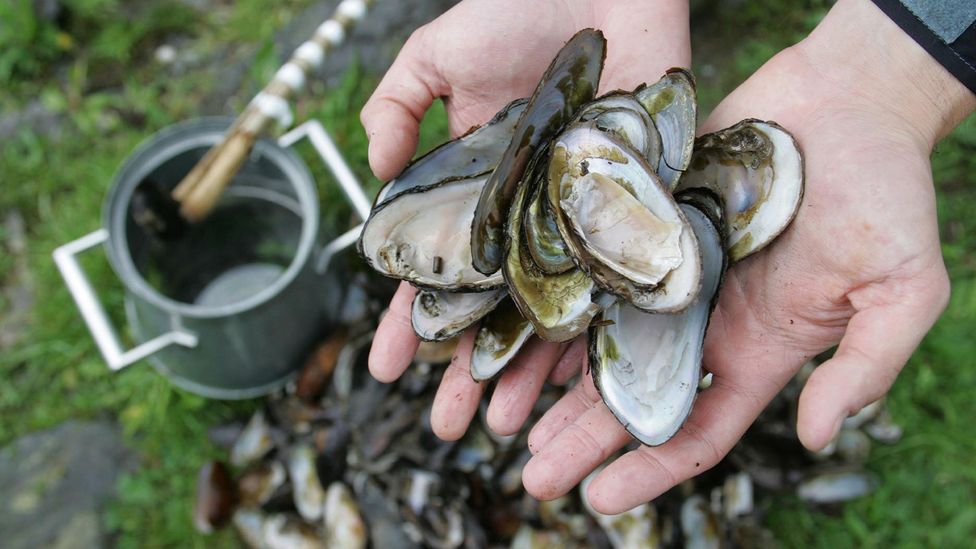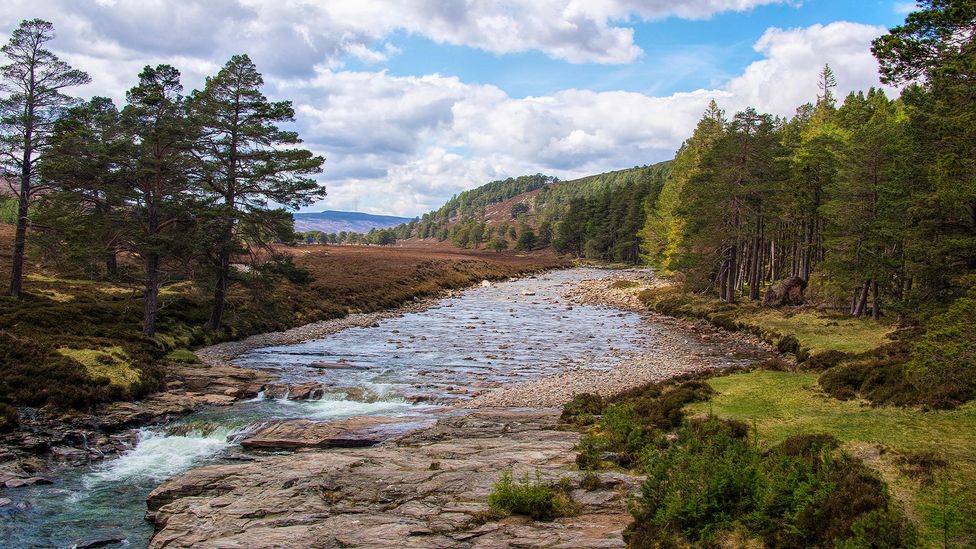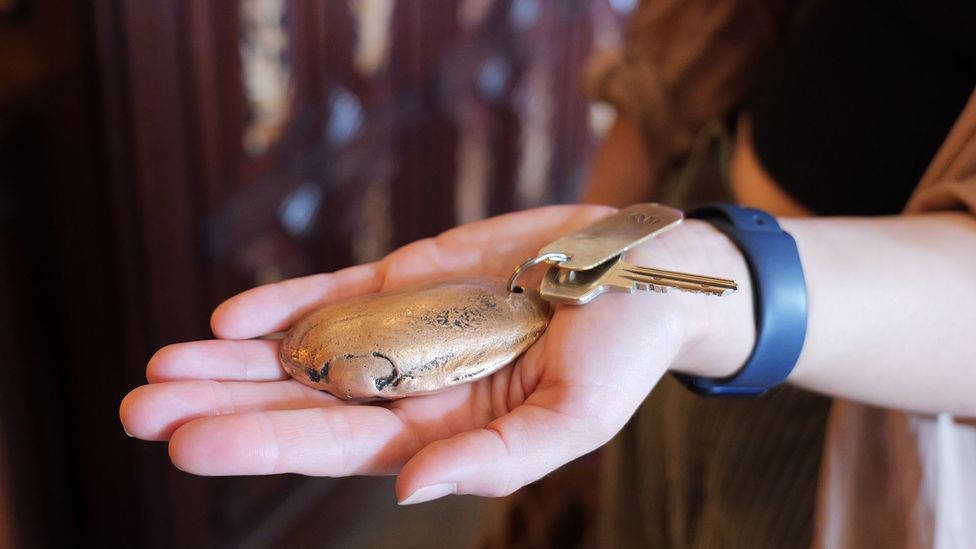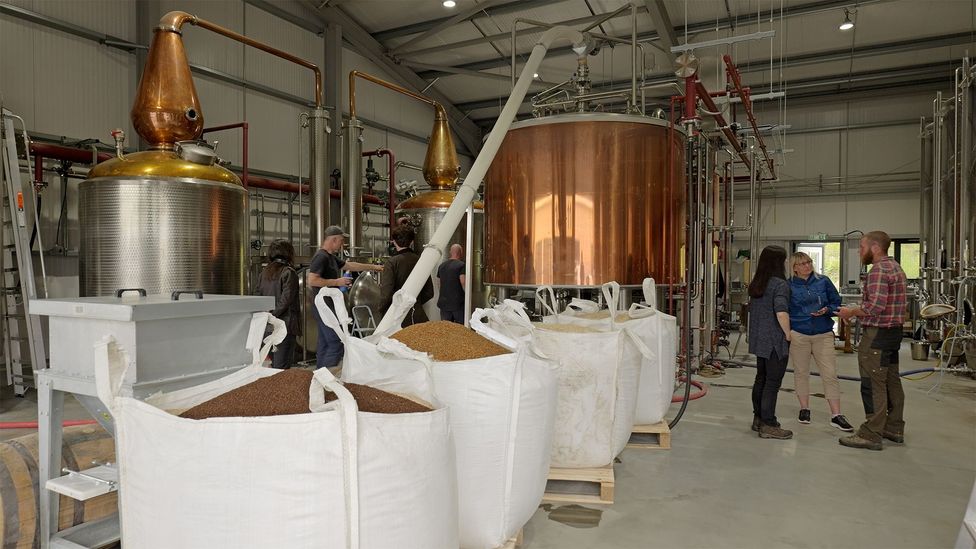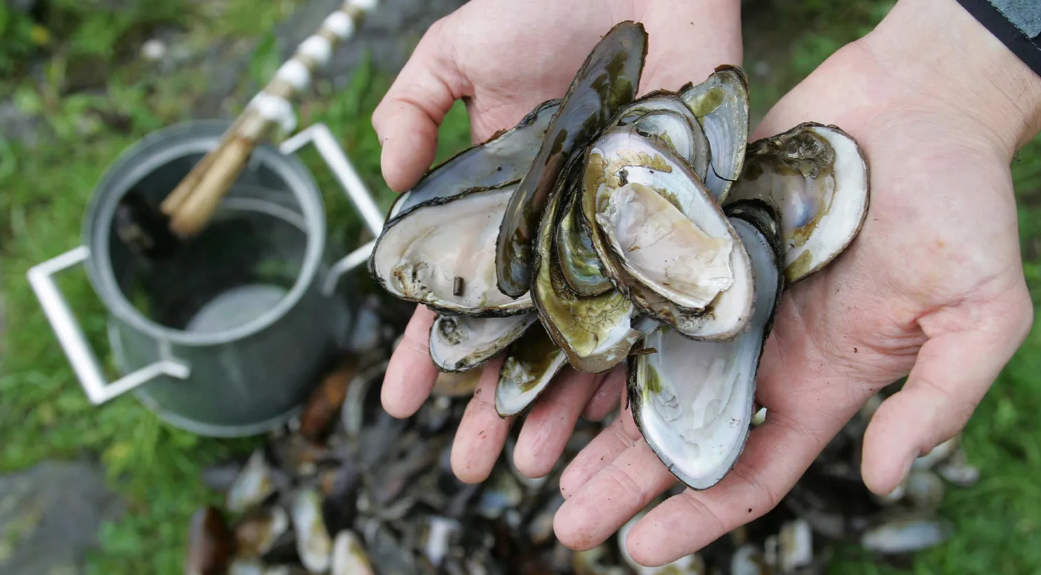
On a June afternoon in north-east Scotland, I hopped out of a Range Rover in the UK's largest national park, the Cairngorms, and wandered towards a trickling tributary of the River Dee. Given the rugged natural beauty of the area's glens, it's no wonder the late Queen Elizabeth II chose nearby Balmoral Castle as the Royal Family's summer residence.
All around me, the yellow-beige palette of shrublands covered the mountainous semi-tundra and pink pops of thistle punctuated the heathered expanses. The terrain's openness, which allowed me to spot red grouse and deer on the brow of a hill, stood in stark contrast to the nearby ancient Caledonian Forest, whose extensive coverage is a vestige of the past. A network of streams and rivers cut through the unsheltered landscape, but water levels were running low in the summer heat.
"That's a dry river – this should be a babbling burn," said Ben Carter, director of sustainable growth at Artfarm, a hospitality company owned by billionaire Swiss art dealers Manuela and Iwan Wirth. The couples' nearby five-star property, The Fife Arms, directs considerable attention to environmental conservation efforts and offers a host of sustainable nature experiences in the Cairngorms, including Victorian era-inspired pony picnics, food foraging and wild swimming.

